When a loved one passes the last thing you want to do is worry about the estate and probate process, however, there are a quite few items you need to know about.
Let’s start with talking about the legal considerations and other important items to keep in mind.
If you were assigned as the Power of Attorney while your loved one was still living, the POA is no longer valid. This means if you were in charge of paying the person’s bills, you should stop paying these bills.
Second, if your family member made arrangements for his or her funeral in advance, their instructions are most likely legally binding under state law and thus the family may be obligated to comply with them.
Next, if any of your loved one’s property or money did not pass automatically to an individual by designation, that money or property must be handled through the probate process. This means that no money or property can be distributed to anyone without involvement of the probate court. If there is a possibility that any of your family members may want to disclaim or refuse to accept any money or property they will inherit, it is important to not take any action that would be considered an acceptance of the inheritance. For example, if you or another family member are listed as a beneficiary of the life insurance but would rather the share go to the next beneficiary in line, you(or whomever is the beneficiary) should not complete any paperwork or reject any checks involving the life insurance policy. There may be tax consequences if you accept the money and then choose to give it to a different beneficiary.
Finally, you nor your other family members, should prematurely distribute any of the deceased individual’s property or funds. The executor of the will or trustee of a trust are the only individuals allowed to distribute the deceased individual’s money or property and must pay all debts and taxes before transferring any funds or property to the beneficiaries.
Now let’s look at the initial responsibilities before Probate.
If some time is likely to pass before burial, for example, if there will be a delay prior to a special ceremony and burial in a veteran’s cemetery, you should make arrangements with a funeral home to store the deceased loved one until the service.
After your loved one passes away, their death should be registered with the local or state vital records office, which can then issue official death certificates. A state-licensed funeral director or coroner typically prepares and files the death certificate with the state. A death certificate is often required to claim life insurance benefits, close bank accounts, transfer titles, and take are of other matters connected to the estate. It is recommended to obtain ten original certified death certificates.
You and your family members should determine which one of the deceased’s accounts contains cash that can be accessed for the beneficiaries’ needs and other expenses. The last thing you want is for an item to be repossessed or the electricity turned off due to non-payment.
If the deceased had pets or other animals, care should immediately be arranged for them. The will or trust may name the person your loved one has chosen to care for them, but if there was no will or trust, you and your family members may need to arrange for someone to look after the animals until a caretake can be determined.
If the deceased owned a home, you should walk around the home to make sure any points of entry are locked and that there are no maintenance issues that need to be addressed. The police department should also be notified that the home will be vacant so police can patrol the area more frequently.
On this same note, any vehicles owned by the deceased should also be locked. No one should drive the car and the odometer should be checked to determine the milage at the time your loved one passed away. If the car is parked on the street or in a driveway, you should notify the police to keep a closer eye on it. Insurance on the car should also be maintained.
Lawn care and general home maintenance will need to continue to ensure that the house does not become a target for thieves. Also to prevent any problems that may arise as a result of very high or very low temperatures, it is important to continue to heat and cool the home. In addition, if the home is vacant during cold winter months, a faucet should be turned on or cabinet doors opened to prevent pipes from freezing and bursting.
In some areas, a higher tax rate is applied to vacant homes, so in those areas it is important to notify the city if the home is vacant and part of an administration.
Next, you will want to make sure any subscriptions or other monthly services are canceled, and if applicable, request a refund.
You should also find all of the deceased’s insurance policies. The homeowner’s insurance company should be contacted to confirm that there is coverage for fire, flood and/or other needed items as part of the homeowner’s insurance policy. In addition, you should locate the deceased family member’s life insurance policies, which may have been issued by alumni associations, travel clubs, credit card companies, trade associations, etc. You need to locate all bank statements, checkbooks, canceled checks, and at least the past three years of income tax returns.
Lastly, while gathering the needed personal records, check to see if there are any documents reflecting debts owed to the deceased individual. You should contact those individuals to collect the amounts owed.
If you have any questions or need help with the estate and probate process, please do not hesitate to contact the Hoggatt Law Firm. You can reach us by calling us at 281-508-2228 or by filling out our form on the Contact page.
